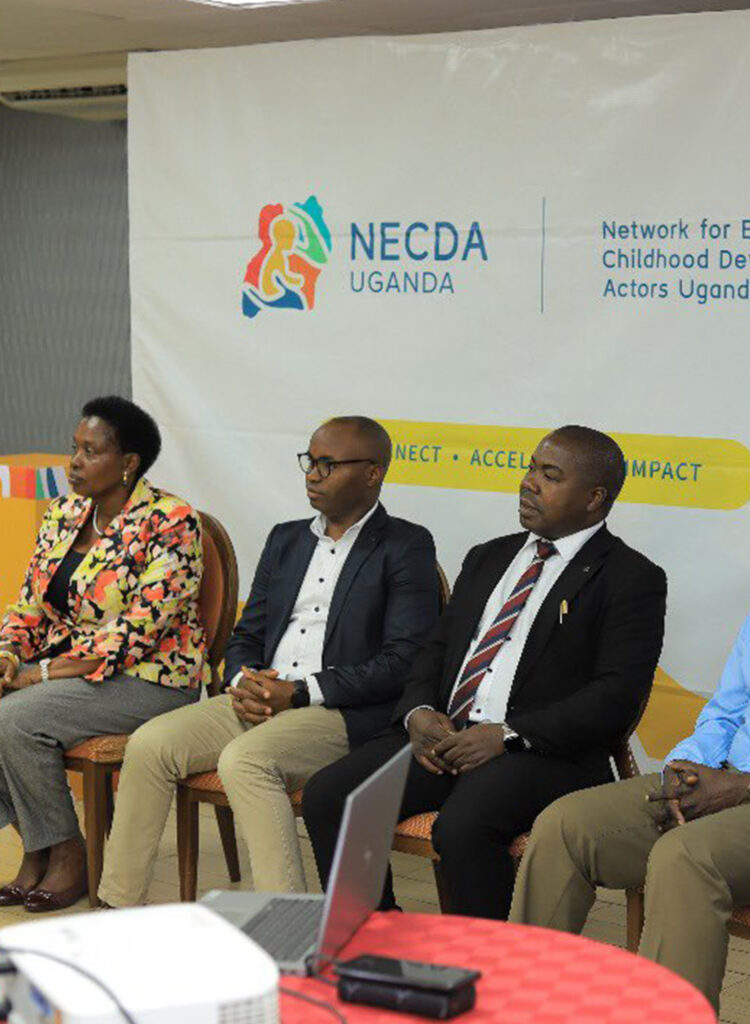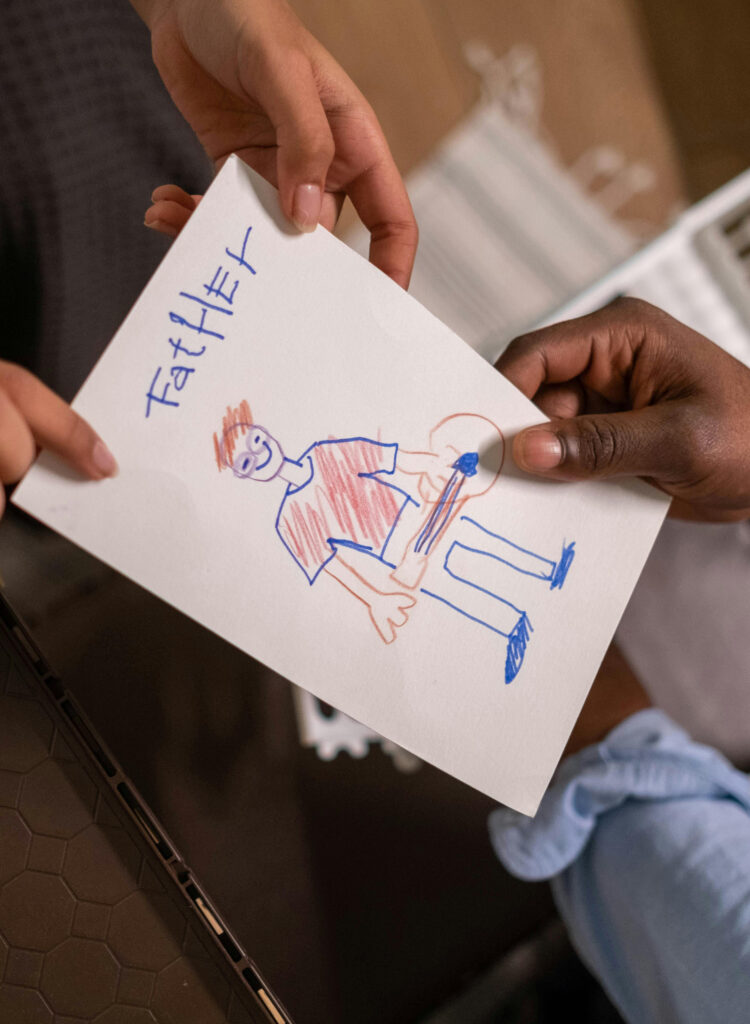Long before a child meets a teacher, picks up a pencil, or enters a classroom, they are learning; from the rhythm of their mother’s lullabies, the guidance of an older sibling, the stories told at dusk by a grandparent, and the daily rituals of home. In Uganda, as in much of the world, a child’s first and most influential teachers are parents and caregivers. Yet, too often, the critical role families play in early childhood development (ECD) is undervalued or unsupported in policy, programming, and funding decisions.
The newly adopted Early Childhood Care and Education (ECCE) Policy in Uganda makes an important shift: it places caregivers at the heart of the child development ecosystem. Recognizing that children do not grow in isolation, the policy emphasizes the need for family and community-based approaches that nurture learning, health, safety, and emotional wellbeing from the earliest days. This is a significant milestone, but it must now translate into meaningful action.
Research has shown that responsive parenting; where caregivers actively engage, listen, encourage, and comfort their children; has a profound impact on brain development, language skills, and emotional security. These early interactions shape a child’s ability to learn, relate to others, and cope with challenges. But in many Ugandan communities, caregivers are navigating poverty, stress, limited time, and lack of access to parenting information. Many are unsure what developmental milestones to look for, or how best to stimulate and support their child during the critical first five years.
Positive parenting is not an imported concept. Uganda’s rich traditions of communal child-rearing, storytelling, and mentorship offer a powerful foundation to build on. What is needed is a deliberate effort to revive, modernize, and support these practices. Community-based parenting groups, radio and WhatsApp messaging, and Village Health Teams can play a vital role in equipping caregivers with tools, encouragement, and connection. When parents feel supported, they are more likely to become active participants in their child’s learning journey.
One area that demands urgent attention is the inclusion of fathers and male caregivers. Too often, early childhood is perceived as the domain of women, yet men have a vital role to play in nurturing, protecting, and guiding young children. Programs that intentionally engage fathers benefit children and strengthen family wellbeing and gender equality. Changing this narrative requires effort: from faith leaders promoting involved fatherhood, to media campaigns that portray men as caregivers, not just providers or disciplinarians.
For real change to happen, parenting must be seen as a public good worthy of investment. Uganda’s ECD agenda must include structured parenting support systems, especially in rural, low-income, and refugee communities where the burden of care is high and formal services are limited. This includes training for community facilitators, materials in local languages, integration with health and ECCE services, and financing for local government efforts to reach families at scale.
Civil Society Organizations are already innovating in this space; piloting parenting corners in health centers, using home visits to coach mothers and fathers, and integrating early learning messages into church gatherings and community savings groups. What is needed now is to learn from these models, scale them responsibly, and embed them within national systems.
Empowering caregivers is central to achieving Uganda’s vision for holistic child development. When we support parents, we support the child. When we invest in caregiver knowledge and confidence, we invest in early learning readiness, health outcomes, and social resilience. And when we recognize caregivers as core partners, we unlock the true potential of the ECCE Policy.
Every child deserves to be seen, supported, and stimulated from their earliest days. And every parent deserves to know that their role, their love, their voice, their presence, is not only enough but essential. In the journey of child development, the first teacher is the most powerful of all. Uganda’s ECD future depends on recognizing, resourcing, and respecting that truth.




